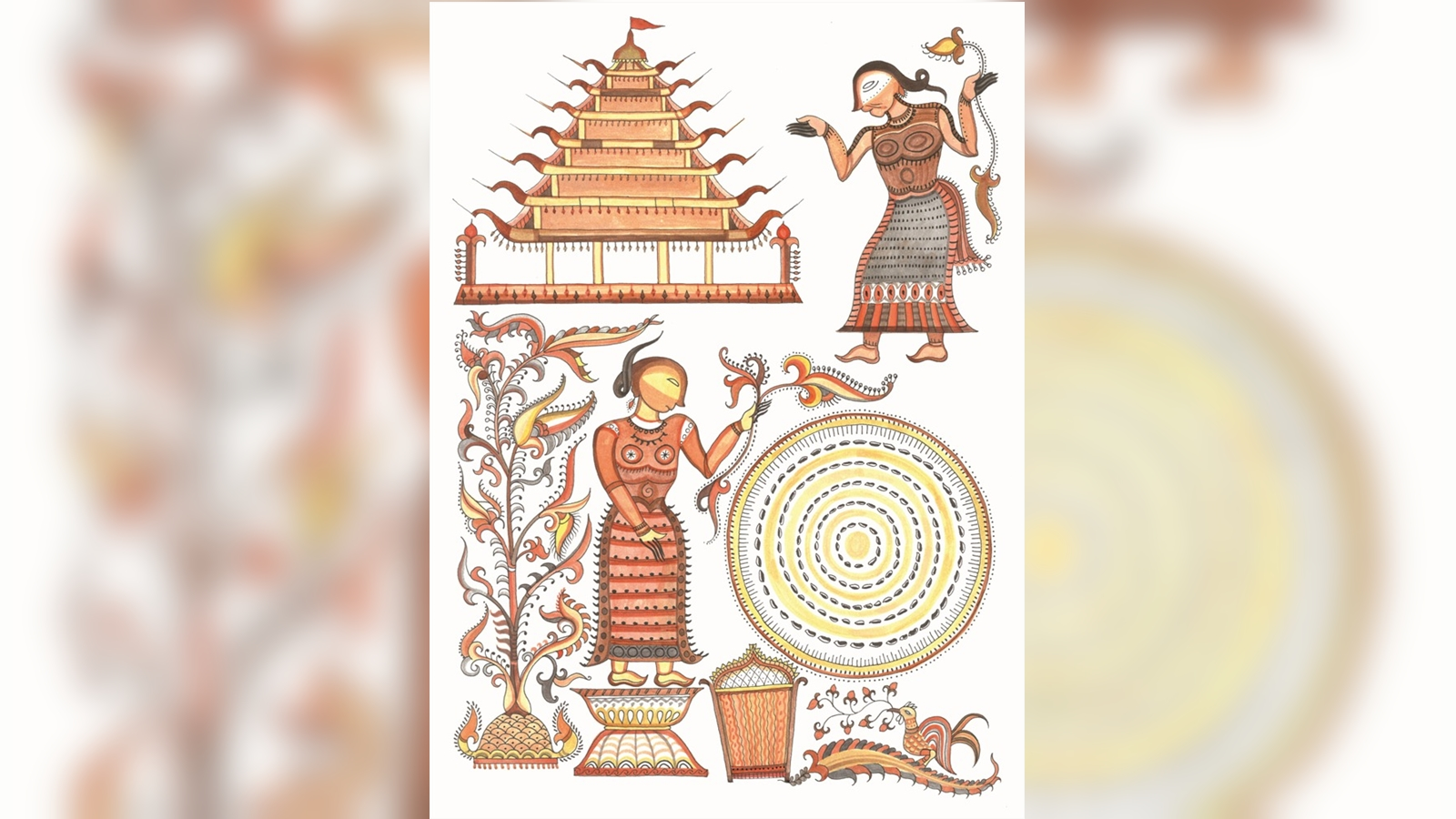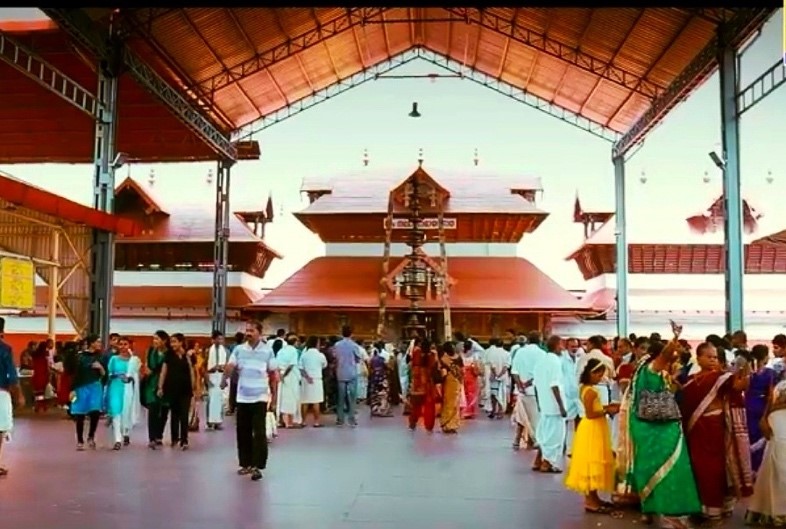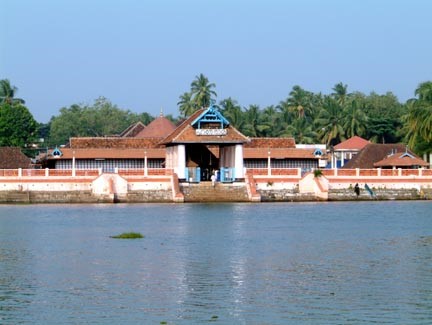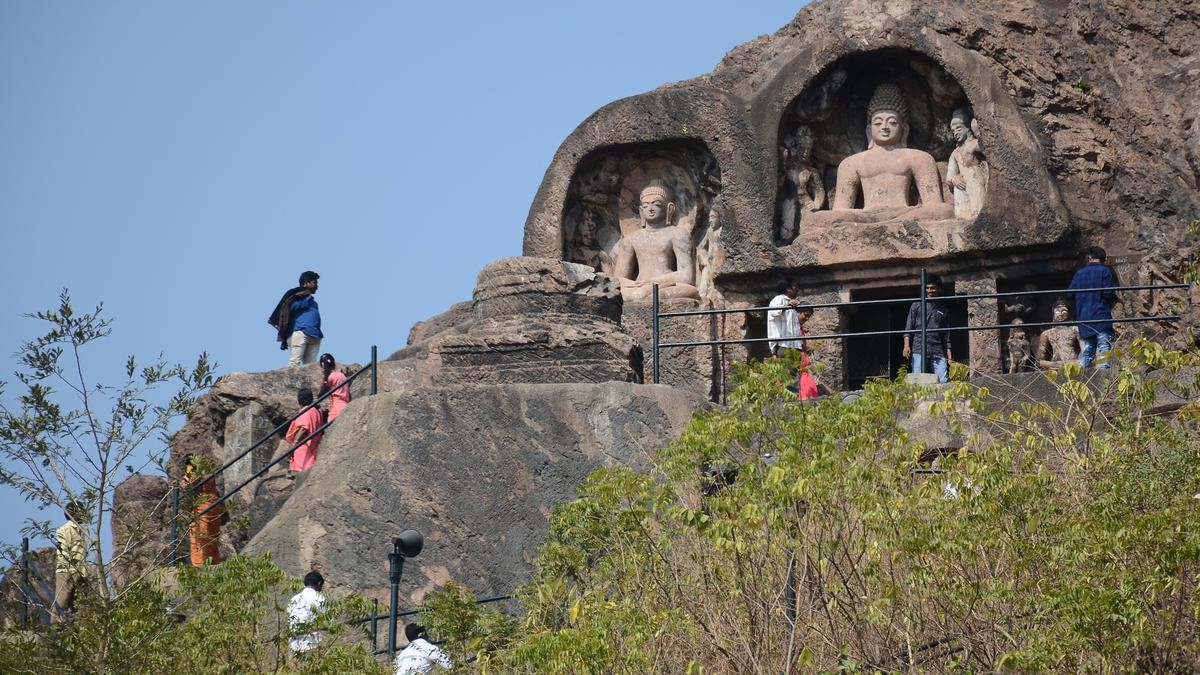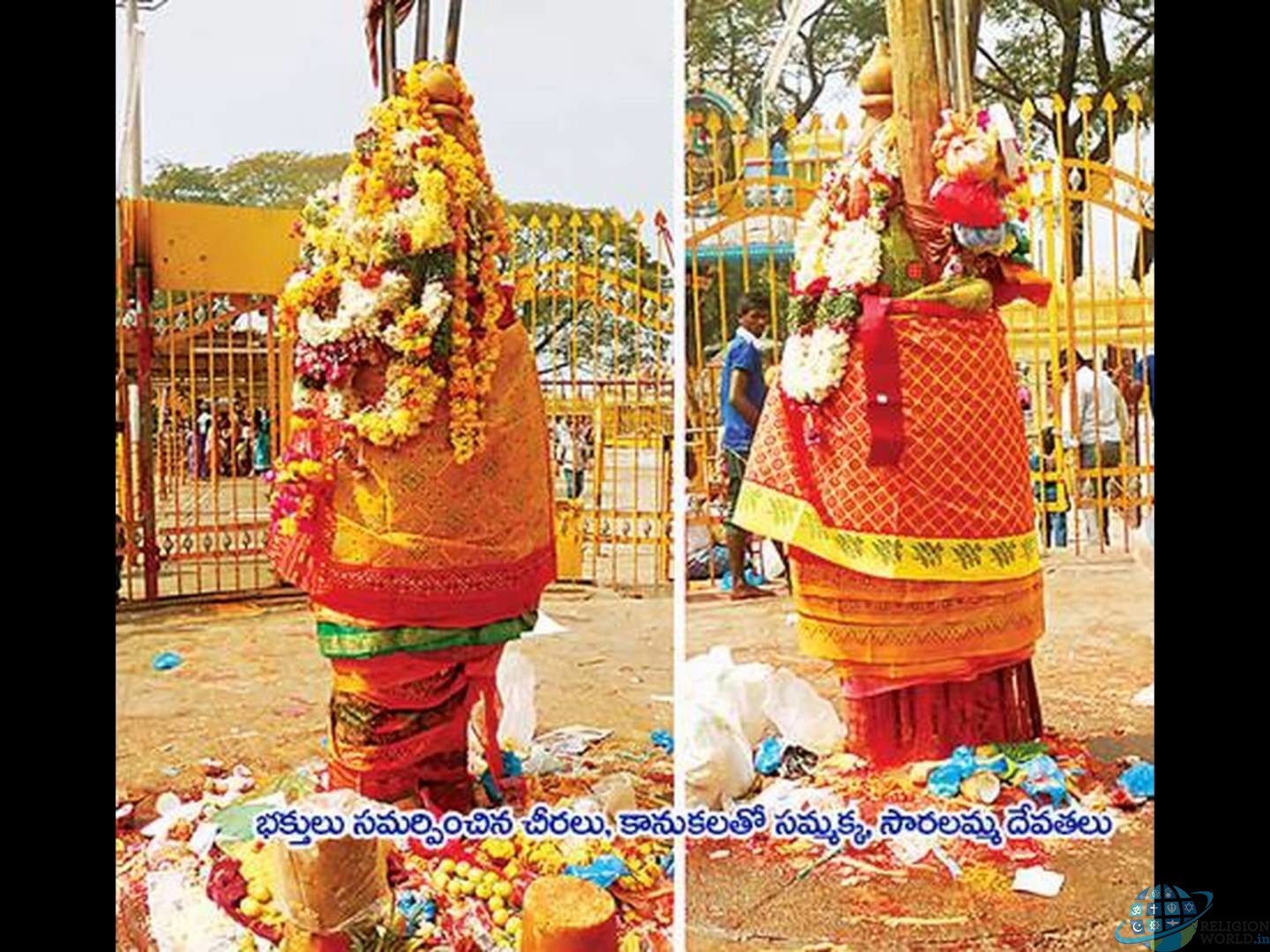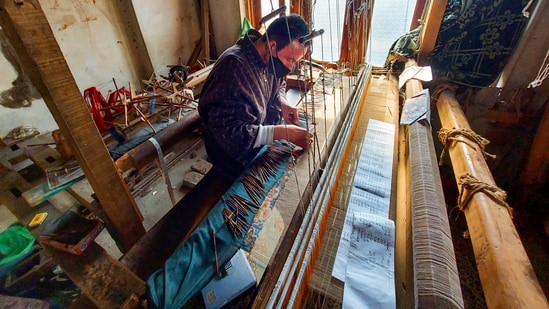Description
Context: Over 100 injured in Madurai jallikattu events.
Jallikattu
- Jallikattu is a bull-taming sport that has traditionally been part of the festival of Pongal in Tamil Nadu.
- However, the practice has long been contested, with animal rights groups and the courts concerned over issues of cruelty to animals and the bloody and dangerous nature of the sport.
- The elite Jallikattu breeds test the strength and guile of farm hands in especially-constructed arenas.
- It is a violent sport, and there is only one winner, man or bull.
The argument against cruelty
- The practice of Jallikattu has long been contested, with animal rights groups and the courts concerned over issues of cruelty to animals and the bloody and dangerous nature of the sport that causes death and injuries to both the bulls and human participants.
- Governments at the state and Centre have wrestled with formulating a regulatory mechanism for Jallikattu, and a matter relating to whether Tamil Nadu can conserve it as a cultural right under Article 29(1) of the Constitution — “Any section of the citizens residing in the territory of India or any part thereof having a distinct language, script or culture of its own shall have the right to conserve the same” — is before the Supreme Court.
- In 2014, the Supreme Court had ruled that the Prevention of Cruelty to Animals Act, 1960, “over-shadows or overrides the so-called tradition and culture”.
- The court drew upon Upanishadic wisdom and advised Parliament to “elevate rights of animals to that of constitutional rights. so as to protect their dignity and honour”.
- Documentation done by the Animal Welfare Board of India, a statutory body under the Centre, and animal rights groups like PETA, that served as evidence that the Jallikattu animals were physically and mentally tortured.
- “Bulls are beaten, poked, prodded, harassed and jumped on by numerous people. They have their tails bitten and twisted and their eyes and noses filled with irritating chemicals.
The case for culture and tradition
- It isn’t that there exists no tangible evidence to show that this battle between man and beast is indeed a cultural representation.
- Jallikattu has been celebrated in Tamil cinema as an integral part of agrarian life.
- The political economy of Jallikattu is about showcasing the quality of cattle, the breeding skills of cattle rearers, the centrality of cattle in an agrarian economy, and the power and pride they bring to farmers and land-owning castes in rural Tamil Nadu.
- Jallikattu is a cultural manifestation of this political economy.
- As a tradition, it links an agrarian people to the elemental aspect of their vocation; where a man risks his life to tame unpredictable nature.
- Agriculture is a way of life, the fertile plains of the Cauvery is the landscape that in the ancient past hosted the Tamil Sangams, but in recent times agriculture has become a difficult occupation.
- Jallikattu is almost a cathartic experience — overcoming the violence of a harsh land where resources are scarce and life needs to be tackled with skill and cunning.
- Jallikattu’s linkages with Pongal has lifted it above its regional and community origins and transformed it into a symbol of Tamil culture and pride.
- Pride in Tamil culture is central to Dravidian nationalism, which continues to shape the political discourse in Tamil Nadu.
- The political consensus in favour of Jallikattu is inescapable. Tradition and culture are not immune to change.
https://www.thehindu.com/news/national/tamil-nadu/over-100-injured-in-madurai-jallikattu-events/article33584382.ece
https://indianexpress.com/article/explained/jallikattu-tamil-nadu-pongal-celebrations-explained-7147339/






